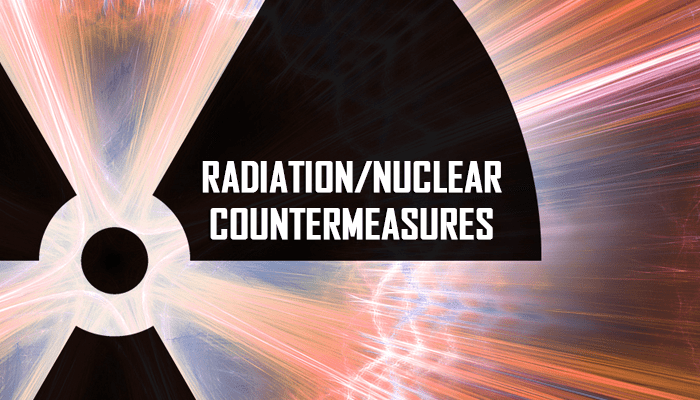Humanetics Corporation has been awarded a three-year contract valued at approximately $5.4 million from the National Institute of Allergy and Infectious Diseases (NIAID), part of the National Institutes of Health.
The contract will fund continued development of Humanetics’ proprietary drug candidate, BIO 300, as a medical countermeasure for use in the event of a radiological or nuclear incident.
BIO 300 is being developed to mitigate the delayed effects of acute radiation exposure to the lungs. The lungs are especially prone to damage from radiation exposure, which can lead to debilitating and life-threatening diseases including pneumonitis and pulmonary fibrosis. Currently, there are no drugs approved to prevent or treat radiation-induced lung injury.
Humanetics will conduct nonclinical research in collaboration with the Division of Translational Radiation Sciences at the University of Maryland School of Medicine under the direction of Isabel L. Jackson, Ph.D., assistant professor in the Department of Radiation Oncology and Director of the Medical Countermeasure Program.
“We are excited to continue our research partnership with Humanetics, which builds on earlier successful studies on BIO 300 conducted at our facility,” said Dr. Jackson. “Delayed lung injury is a serious consequence of radiation exposure and must be addressed as we work to prevent the kind of widespread harm that could result from a nuclear event or accident.”
The radioprotective effects of BIO 300 were originally discovered by researchers at the Armed Forces Radiobiology Research Institute. Humanetics licensed this technology and has advanced the development of BIO 300 for use as a medical countermeasure and as a drug to protect cancer patients undergoing radiation treatment. BIO 300 is currently being evaluated in a Phase 1b/2a clinical trial in people with non-small cell lung cancer.
The active ingredient in BIO 300 is a small molecule with limited solubility and poor oral bioavailability, which prevents absorption of therapeutic doses without proper formulations. Humanetics has developed a patented, stable nano-particle formulation that greatly improves oral bioactivity.
“We are enthusiastic about NIAID’s continued support of BIO 300 as a drug that can be used to treat both civilians and military personnel who have been exposed to radiation,” said Humanetics CEO Ronald J. Zenk. “The work done under this contract will be an important step toward FDA approval for BIO 300.”
The award was made under the umbrella of a Broad Agency Announcement (HHS-NIH-NIAID-BAA2017-1) for the Development of Radiation/Nuclear Medical Countermeasures.
Sources: Humanetics, FBO.gov


